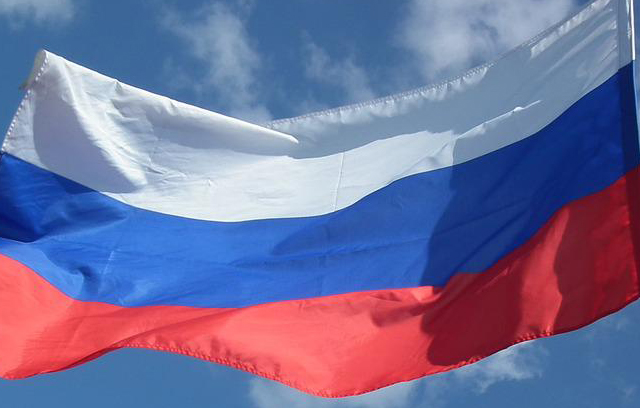Source: Zerno.ru (Russia)
Russia South Korea wheat exports have witnessed a significant surge in the past seven months. Specifically, exports have doubled compared to the same period last year. This increase highlights the growing importance of Russia as a key wheat supplier for South Korea.
Rising Demand Fuels Increase
From July 2023 to January 2024, Russia significantly increased its wheat exports to South Korea. The volumes reached 263,000 tonnes. This is more than double the 116,000 tonnes exported during July 2022 to January 2023. Therefore, the surge represents a substantial 127% increase.
Analysts attribute this increase to several factors. Firstly, growing demand for wheat in South Korea is a crucial aspect. Secondly, competitive pricing of Russian wheat plays a vital role. Finally, reliable supply chains support this export growth.
- Growing demand in South Korea
- Competitive pricing of Russian wheat
- Reliable supply chains
Price Competitiveness and Market Dynamics
Russian wheat is often priced competitively in the global market. As a result, it becomes an attractive option for importers like South Korea. Moreover, fluctuations in global wheat prices and supply can also influence trade patterns. Specifically, these fluctuations impact the attractiveness of Russian wheat.
According to the USDA, South Korea is projected to import 5.1 million tonnes of wheat in the 2023-2024 marketing year. This projection demonstrates the country’s consistent demand for wheat imports.
Furthermore, the accessibility and efficiency of Russian ports facilitate smooth export operations. “The rise in exports underscores the growing importance of the Russian market in meeting South Korea’s wheat demands,” stated a market analyst.
Future Prospects for Russia South Korea Wheat Exports
Looking ahead, Russia South Korea wheat exports are expected to remain strong. However, various factors could influence future trade volumes. These include global wheat production, geopolitical dynamics, and trade policies.
The continuation of competitive pricing for Russian wheat will be vital. Also, maintaining reliable supply chains is crucial for sustained export growth. It is possible that further increases in demand from South Korea could drive Russia exports even higher.

